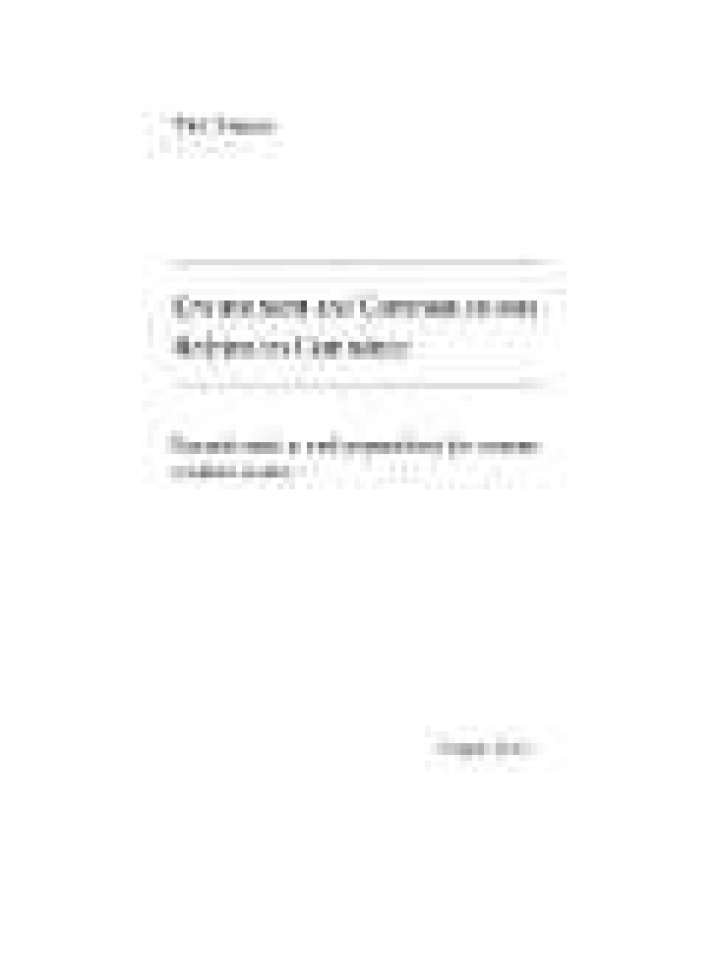Recent trends in and preparedness for extreme weather events: final report
This document is the final report of a Senate inquiry by the Environment and Communications References Committee looking at Australia’s extreme weather and asking if the country is ready. It looks at any emerging trends on the frequency of extreme weather events. Based on evidence on future projections of such events and on global warming scenarios of between 1C and 5C by 2070, the inquiry looks at the costs of extreme weather events and their impacts on ecosystems, infrastructure and human health. It also examines the “availability and affordability” of private insurance in disaster-prone areas – an issue with the potential to make or break the viability of areas where people live - and the preparedness of major economic sectors, including power, water and health, and the emergency services.
The report chapters (i) examine recent extreme weather events in Australia (the 2012-2013 heatwave, the 2013 bushfires, January 2013 flooding, 2011 cyclone Yasi, Queensland floods 2010–2011, the black Saturday bushfires of 2009, Canberra bushfires in 2003 and the millennium drought 1997–2009) and also summarise a number of recent reports relevant to extreme weather events and climate change in Australia; (ii) outline trends and projections on the frequency and magnitude of extreme weather events and briefly considers the gaps and uncertainties in relation to those trends and projections, and areas where further research might be needed; (iii) discuss the financial and social costs of extreme weather events, and their impacts on key sectors, including industry, infrastructure and health; (iv) look at the preparedness of key sectors for extreme weather events, including preparedness in emergency situations; and (v) consider the roles and responsibilities of the Commonwealth, state, territory and local governments in Australia, as well as coordination between these different levels of government in managing and responding to extreme weather events.
Explore further
